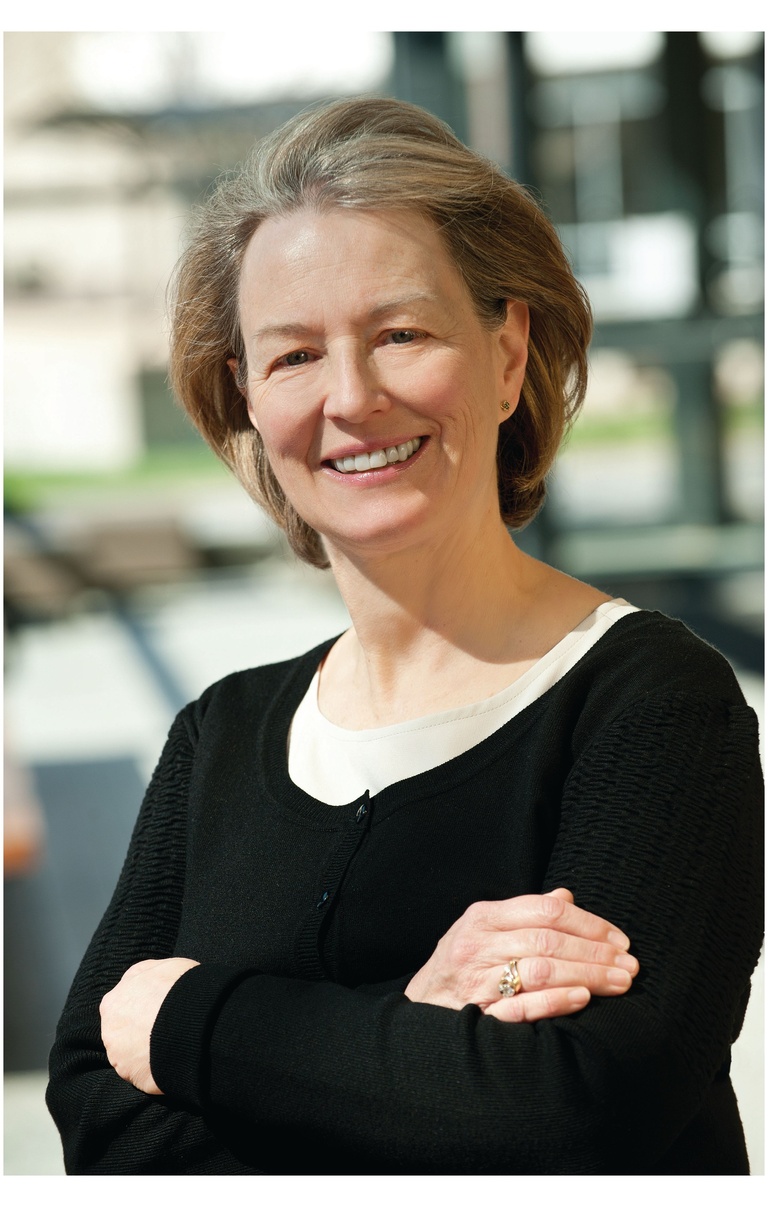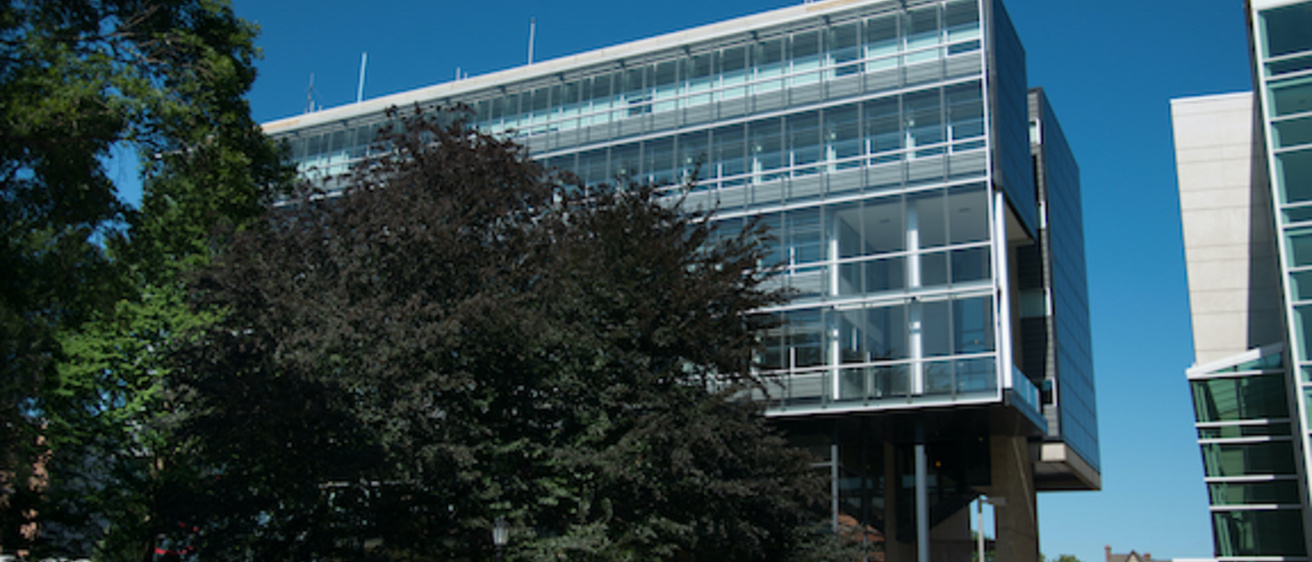By Elianna Novitch
A collaborative team of researchers from universities across the nation is working to increase identification services for students who are traditionally underrepresented in gifted and talented programs.
Researchers from the University of Iowa College of Education, along with researchers from the University of Connecticut, University of Wisconsin–Whitewater, University of California - Berkeley, University of California – Santa Cruz, and Michigan State University, were awarded funding for the next five years to continue their work as part of the National Center for Research on Gifted Education (NCRGE) funded by the Institute of Education Sciences.
NCRGE is part of the Jacob K. Javits Gifted and Talented Students Education Program, which funds evidence-based research, demonstration projects, and innovative strategies to enhance the ability of elementary schools and secondary schools nationwide to identify underserved gifted and talented students and meet their special educational needs. The major emphasis of the program is on serving students traditionally underrepresented in gifted and talented programs, which can include students from economically under-resourced schools such as those in rural areas as well as large urban areas with populations of first-generation students, minority students including African-American and Latinx students, and students who are twice-exceptional.

Susan Assouline, director of the College of Education’s Belin-Blank Center, joins the center’s collaborative team of research methodologists, economists, and gifted education specialists.
“I’m most looking forward to the collaboration among all of the institutions as well as the intra-institutional collaboration with colleagues across the College of Education,” Assouline says.
The new center will begin work on Sept. 1, 2020, with focus on the following questions:
- How can we simplify identification systems while expanding participation opportunities for underserved students?
- What impact do teachers have on gifted students’ academic success?
- What are the benefits of gifted programs? How do they extend beyond academic achievement?
- Can universal screening be effectively implemented for acceleration?
Assouline says that while a lot of people think about conducting research on interventions designed for students, the NCRGE and Belin-Blank Center will focus their research efforts on the impact of interventions designed for teachers, which focus on enhancing awareness of various strategies for gifted and talented identification and programming, including academic acceleration.
“Our intervention is really with the teacher so the question is, through professional development can we raise the awareness of teachers regarding the appropriateness of academic acceleration?” Assouline says.
Assouline says that they hope to work with teachers to raise their awareness and skills at determining when students are ready for academic acceleration. In doing so, they hope to enhance the lives of gifted students and increase the number of students who have appropriately challenging curriculum through accelerated experiences.
The Belin-Blank Center will help with researching and developing online professional development modules for teachers to help them better understand the unique needs of gifted learners, supporting their social emotional needs, and challenging them academically. The goal is to help increase identification services to students who are underrepresented in gifted and talented programming.
Some other College of Education faculty who will be involved with the research and development of the modules include Laurie Croft, clinical professor with the Belin-Blank Center, Ann Shoplik, administrator for the Belin-Blank Center’s Acceleration Institute, Brandon LeBeau, research scientist and assistant professor in the Department of Psychological and Quantitative Foundations, and Duhita Mahatmya, a research scientist for the College of Education and the Belin-Blank Center.
Assouline says that the first year of the center will be focused on developing the modules and that the implementation and running of research groups will begin in fall 2021.
“We’ve brought together a whole group of people who have phenomenal expertise in the areas of statistics, economics, and gifted education. We’re really looking at this from a holistic perspective and asking if the procedures by which we are identifying gifted students align with programming?” Assouline says. “Furthermore, how can we reduce the bias that currently exists with identification procedures to ensure that we’re finding all of the students who will benefit from gifted and talented programming.
